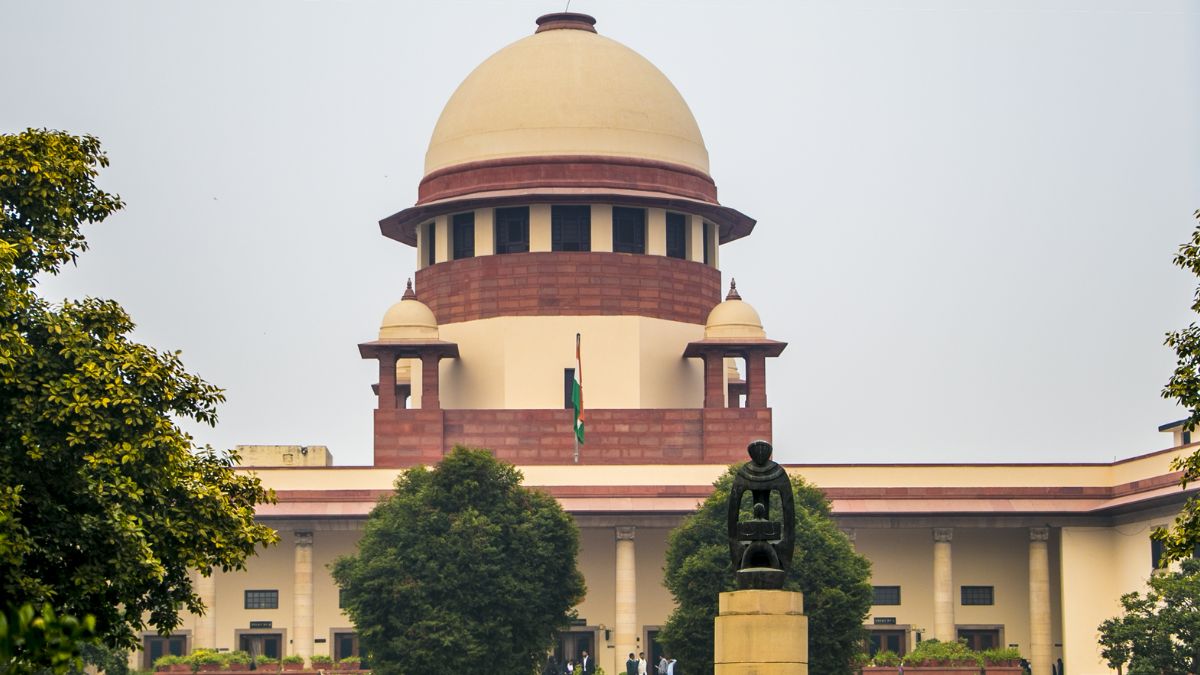In a major judgment, the Supreme Court has restored the condition mandating at least three years of advocacy for candidates applying for entry-level judicial service posts. The practice period will be counted from the provisional enrolment date. The condition, however, will only be effective for new recruitments from May 20 onwards.
The apex court ruled that this requirement will apply only to future recruitments. This condition will not affect ongoing selection processes that have already begun, and it will be implemented prospectively from the next recruitment cycle onwards.
Notably, the candidates, under the new rule, must have a certificate attested by either the Principal Judicial Officer of the concerned court or an advocate with at least 10 years of standing, endorsed by the Principal Judicial Officer. For practitioners in the Supreme Court or High Court, a certificate from a 10+ year standing advocate, endorsed by a court-designated officer, is sufficient. Moreover, law clerk experience can be counted towards the 3-year requirement.
Earlier, most states required over 3 years of legal practice for judicial service eligibility, but a 2002 Supreme Court ruling allowed fresh law graduates to apply for Munsiff-Magistrate posts. However, petitions were filed to reinstate the experience requirement, backed by several High Courts advocating for experienced advocates only.
What Will Change For Aspirants?
Shailendra Singh, an advocate at the Supreme Court of India, in an exclusive interview with News24, said, “In my view, this judgment will impact the entire pool of fresh law graduates for the perceived shortcomings or “arrogance” of a few individuals who may have entered the judiciary without adequate practical experience. The Supreme Court’s observation that “the appointment of fresh law graduates has led to several difficulties, as noted by multiple high courts,” suggests that some new entrants lacked the necessary practical understanding. However, imposing a blanket three-year practice rule on all aspiring judges, regardless of their individual capabilities or potential, might be seen as an overreach.”
“Not all fresh law graduates lack practical insight. Many graduates possess exceptional analytical skills, theoretical knowledge, and a strong sense of justice that could be honed quickly within the judicial system itself,” he said, adding, “Targeted measures like training, mentorship, or probation might be more effective than a blanket requirement for legal practice experience. This approach could address practical gaps without imposing unnecessary burdens on candidates pursuing judicial careers.”
Shailendra explained, “This requirement may pose challenges for women, adding to the barriers they already face in the legal field. Societal expectations, marriage, financial instability, and domestic responsibilities can hinder their ability to meet the practice requirement, potentially discouraging them from pursuing a judicial career.”
Risks Involved
Shailendra said that despite all the challenges, the Supreme Court’s aim to enhance judicial quality is commendable. However, he noted, “the blanket imposition of a three-year mandatory practice period appears to be a blunt instrument that might inflict unintended collateral damage. It risks penalizing a large pool of deserving candidates for the perceived shortcomings of a few, and more critically, it disproportionately impacts women aspirants by intersecting with deeply ingrained societal pressures and practical difficulties in navigating the legal profession.”
“A more nuanced approach, perhaps focusing on rigorous training, mentorship, and addressing the specific challenges faced by women in the legal field, might have been a more equitable and effective,” Shailendra concluded.
ALSO READ: Despite Fewer US Rate Cuts Expected, Gold Prices Are Likely To Go Higher












